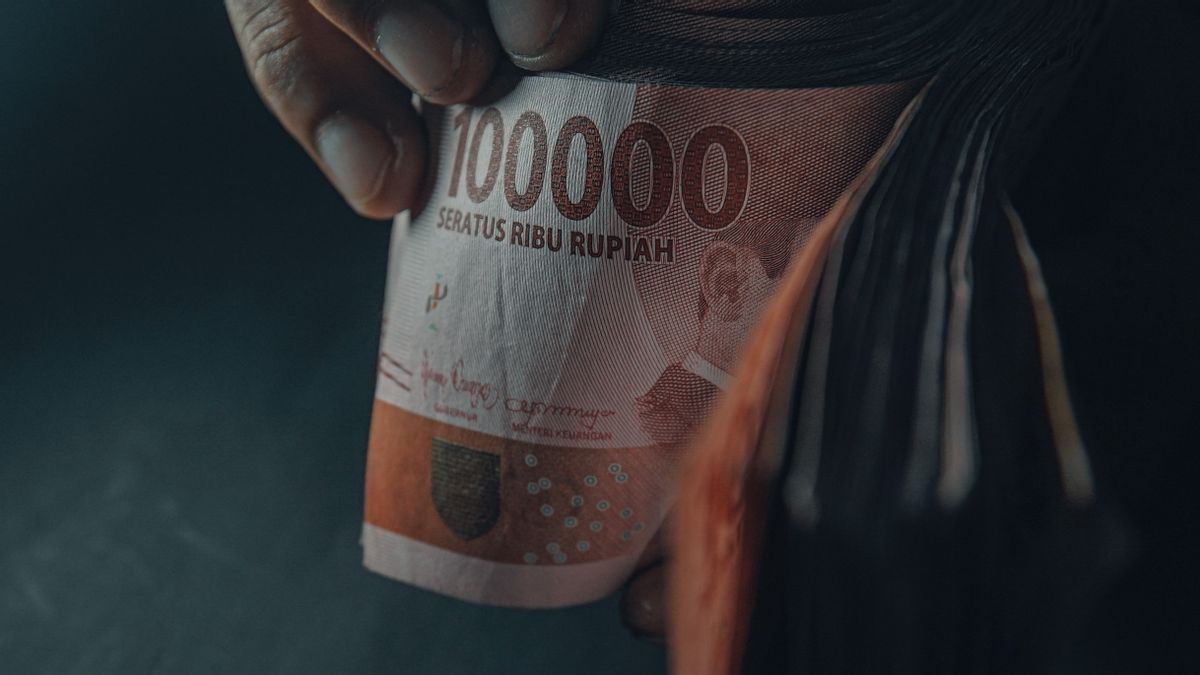JAKARTA - The Ministry of Finance (Kemenkeu) noted that the government has injected State-Owned Enterprises (BUMN) through state capital participation (PMN) amounting to IDR186.47 trillion for a decade or the period 2010 to 2019. The funds come from the state revenue and expenditure budget (APBN). ) so that it is fluctuating.
BUMN observer from the Faculty of Business Economics, University of Indonesia (UI), Toto Pranoto, said that an injection of funds to BUMN was inevitable because most BUMN were state-owned.
Furthermore, he said, the provision of PMN has various purposes. For example, to increase business capacity, improve the capital structure of SOEs or also to provide investment support.
Even so, Toto said, the distribution of PMN to BUMN must be measured both financially and by other operational measures. This is because BUMN has two main functions, namely on the commercial side and on the service side to the public, known as Public Service Obligation (PSO).
"The measures for this PSO will certainly see more about how their operational performance is related to the efficiency or effectiveness of the use of funds provided by the government. On the other hand, in terms of the commercial aspect, we will see how these SOEs can make a profit or profit from the business they do," he said at the IDX Channel's Market Review event, Monday, February 15th.
According to Toto, to measure how effective the PMN funds provided to BUMN, in this case, still requires evaluation. Then it is also necessary to monitor how funds provided by the government are managed.
"I think that is the main basis (to measure) how the PMN that has been given to BUMN earlier can run well or not," he explained.
Previously, Minister of Finance Sri Mulyani said that PMN began to be allocated in 2010 to encourage the role of SOEs as agents of development. At that time, the government provided PMN of Rp. 5.8 trillion in cash and Rp. 239 billion in non-cash.
Then the PMN allocation increased rapidly in 2015 to Rp. 65.6 trillion in cash and Rp. 250 billion in non-cash. Since this year, the budget disbursed for PMN is quite significant.
In 2016 it was IDR 51.9 trillion in cash and 2.5 trillion in non-cash and in 2017 IDR 9.2 trillion in cash and IDR 379 billion in non-cash. Then 2018 and 2019 were only in cash with IDR 6.1 trillion and IDR 20.3 trillion, respectively.
Meanwhile, PMN in detail from 2010 to 2019 which is aimed at increasing its value capacity reaches IDR 179.16 trillion. The capital injection includes the provision of micro credit of Rp. 13.28 trillion, food sovereignty of Rp. 11.43 trillion, and development of infrastructure and connectivity of Rp. 84.47 trillion.
For export financing of Rp. 13.7 trillion. Energy independence of Rp. 35.66 trillion, housing financing of Rp. 8.3 trillion, and an increase in strategic industries of Rp. 12.3 trillion.
Meanwhile, PMN aimed at improving the capital structure reached IDR 7.30 trillion. The funds include repairs through (non-cash) conversions of IDR 4.74 trillion, improvements through additional paid-in capital of IDR 1.56 trillion, and improvements through additional restructuring funds to PT PPA of IDR IDR1 trillion.
"We will continue to monitor the condition of BUMN so that they are always healthy accompanied by good governance in the company," he said in a working meeting with Commission XI DPR RI, Monday, February 8.
The English, Chinese, Japanese, Arabic, and French versions are automatically generated by the AI. So there may still be inaccuracies in translating, please always see Indonesian as our main language. (system supported by DigitalSiber.id)








